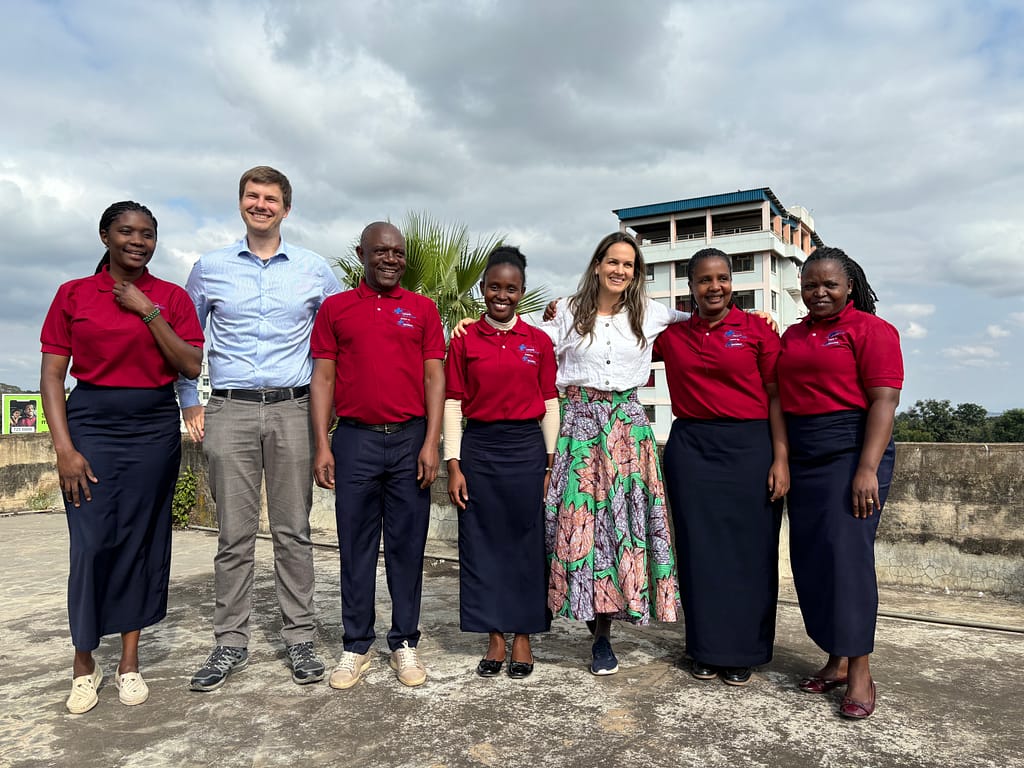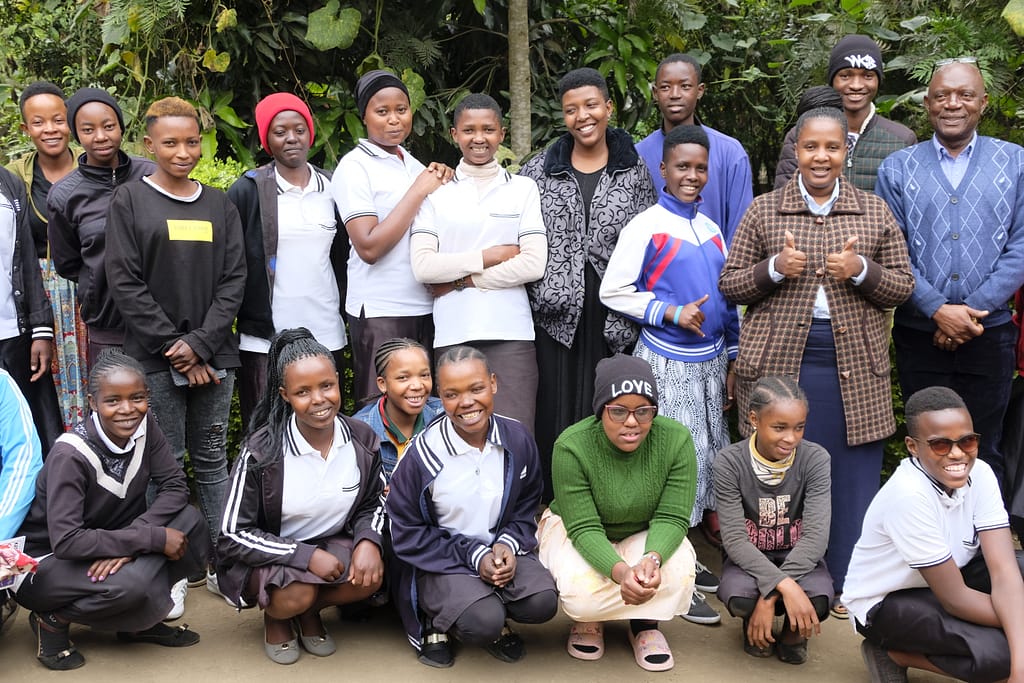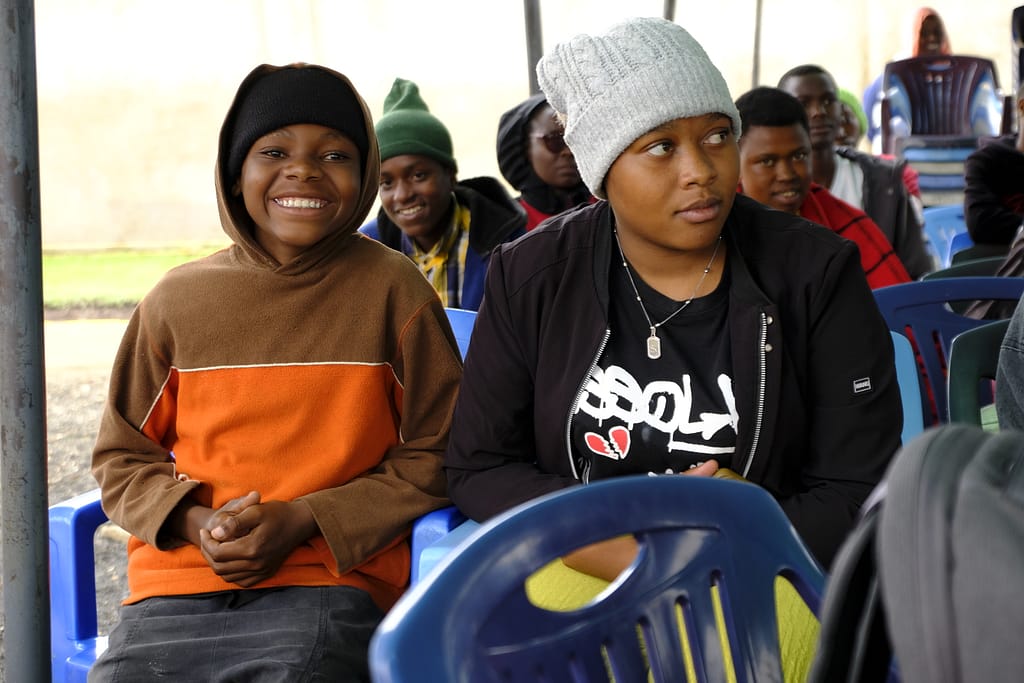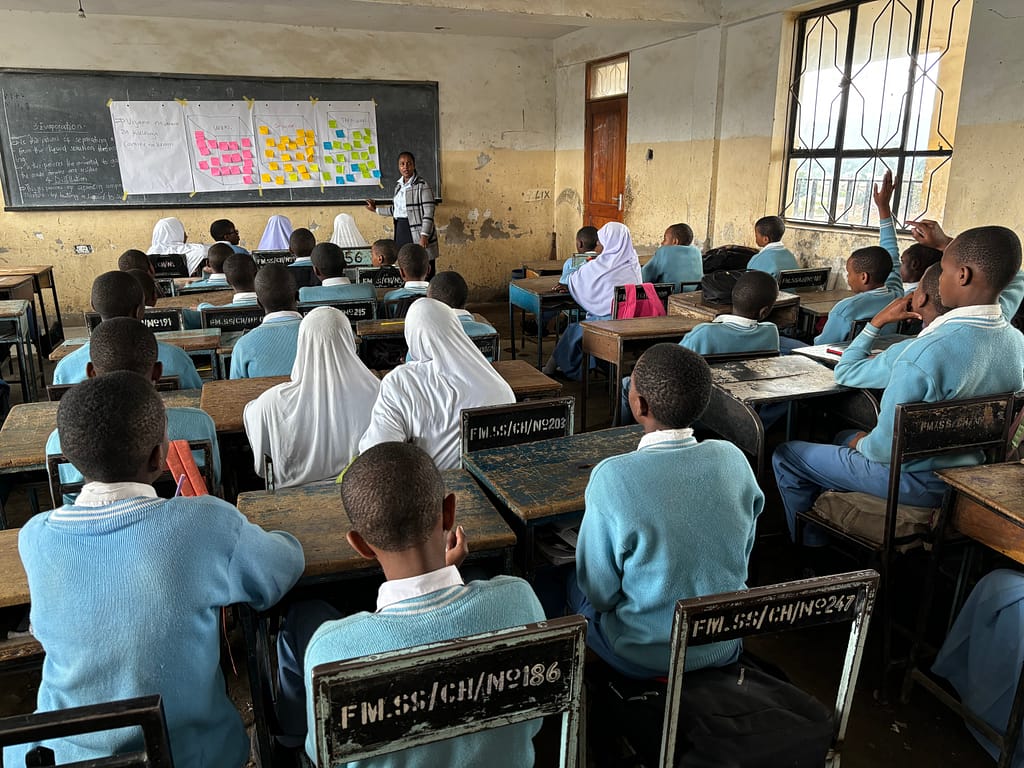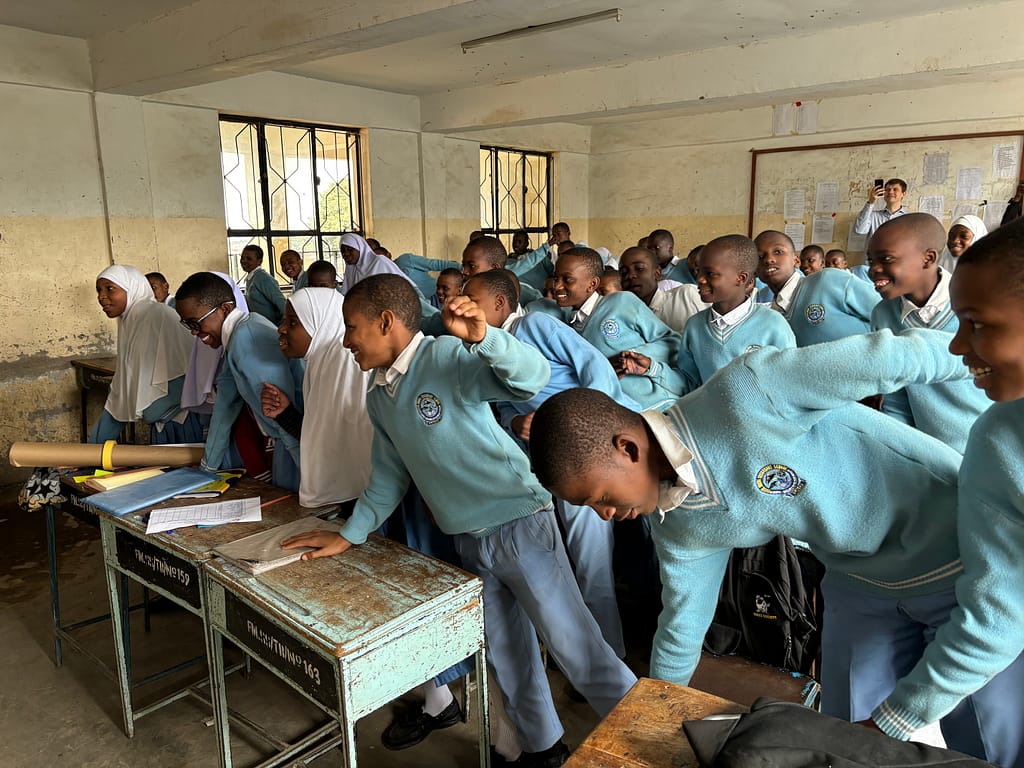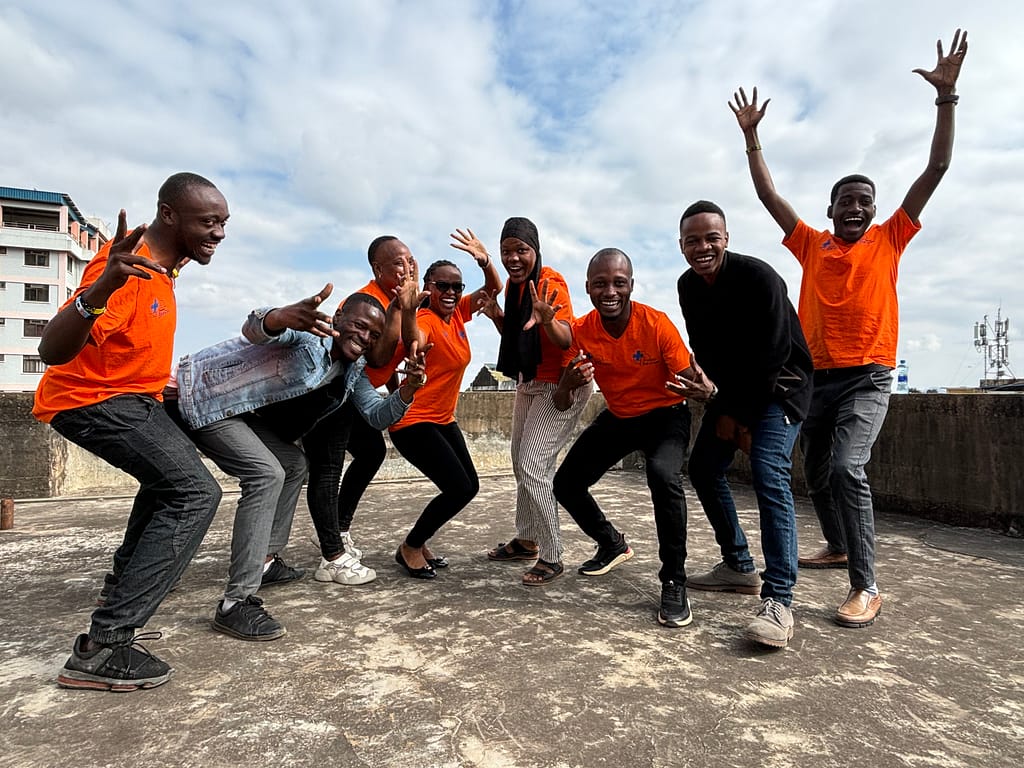Empowering Communities Through Life Skills and Drug Prevention: A Successful Field Visit to Arusha, Tanzania
From July 16th to 23rd, 2024, the International Blue Cross (IBC) conducted a project visit to Arusha, Tanzania, to assess and support the ongoing efforts of the Blue Cross Society of Tanzania (BCST) in tackling alcohol and other drug use among the youth. The visit was filled with productive meetings and insightful discussions and highlighted the progress and challenges of the BCST’s initiatives. Together, we were further able to lay the groundwork for future collaborations.
Strengthening Educational Ties
Our journey began with a series of courtesy visits to key educational and health officials in Arusha. During the meeting with the City Council’s Education Office, we discussed scaling up teacher training programs and integrating sports as a preventive measure against substance use—a strategy that has shown promise in reaching both schools and the broader community.
Collaboration with Health and Enforcement Agencies
The visit to the City Medical Officer, Dr. Maduhu, reaffirmed the significance of community peer education and the role of sports in prevention efforts. Dr. Maduhu emphasized the importance of creating a friendly environment for preventive education, particularly in non-violent interventions. His insights into local policies and the challenges of addressing both illegal and legal substance use provided valuable context for the BCST’s work.
Our meeting with the Drug Control and Enforcement Authority (DCEA) further strengthened the collaboration between IBC, BCST, and drug control agencies. The DCEA highlighted the need for greater political will to address the pervasive issue of drug use. The DCEA program operates along four strategic pillars, of which the program shows natural synergies with the demand reduction pillar. This discussion underscored the complex landscape in which BCST operates, balancing individual prevention with structure prevention through evidence-based policies.
Impactful Engagement with Schools and Peer Educators
Throughout the week, we visited several schools where BCST has implemented its life skills (LS) education sessions. The feedback was overwhelmingly positive, with reports of significant reductions in drug use among students. School principals and teachers shared their experiences of how the “Proud to Be Drug-Free” campaign by BCST and life skills training have transformed their schools. Notably, in some schools, no students were found with drugs this year so far, a marked improvement from previous years. Additionally, improved academic scores turned out to be a welcome side effect of the Life Skill education, a result much appreciated by the school administration.
We also engaged with peer educators who play a crucial role in the BCST’s outreach efforts. These young leaders shared powerful testimonies of personal growth and community impact, demonstrating the far-reaching effects of the program. The peer educators emphasized the importance of ongoing training to stay updated with recent facilitation methods and enhance their effectiveness.
Engaging Parents and the Broader Community
In our discussions with parents, we learned about the significant challenges they face in communities where drug and alcohol production are prevalent. Parents expressed gratitude for the BCST’s efforts, noting how the project has not only improved their children’s behavior but also influenced their own lives. Many parents have adopted healthier lifestyles and have become advocates for the program within their communities.
The BCST board members also provided valuable recommendations for expanding the program’s reach, particularly in rural areas where substance use remains a critical issue. The board emphasized the need for more life skills education in primary schools and suggested leveraging sports and community campaigns to engage a broader audience.
Looking Ahead
The field visit to Arusha was a testament to the incredible work being done by our partner BCST and the strong partnerships they have forged with local stakeholders. The recommendations and insights gathered during this visit will be instrumental in shaping the future direction of the program. By continuing to focus on prevention, education, and community engagement, we are confident that the BCST will further strengthen its impact and continue to build healthier, drug-free communities across Tanzania.
We extend our deepest gratitude to the BCST team, local officials, educators, and parents for their unwavering commitment to this vital cause. Together, we are making a difference!
